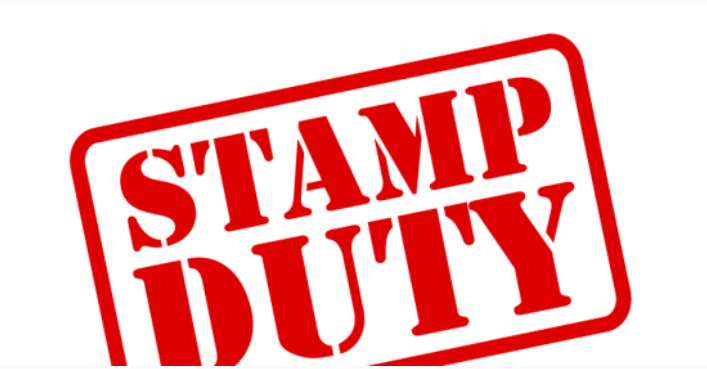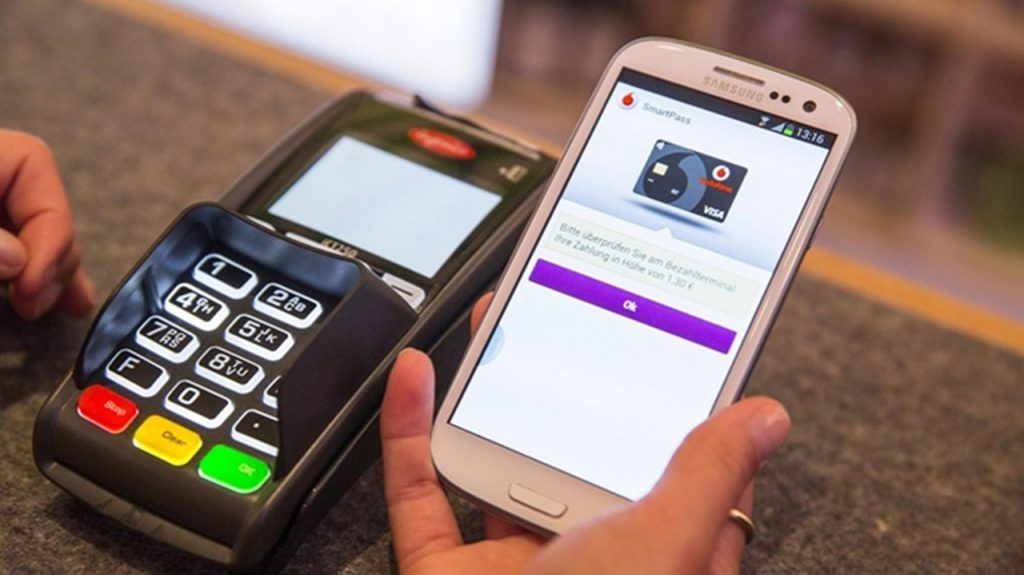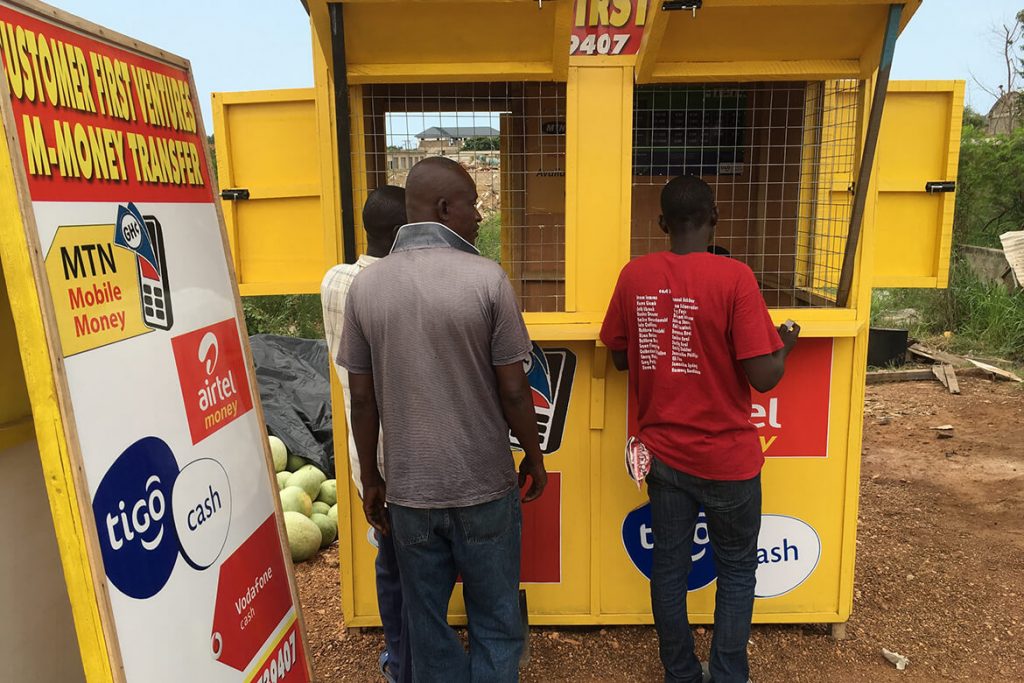The Federal Government of Nigeria has reviewed the N50 stamp duty charges levied on electronic payments, and has increased the threshold on payment to N10,000.


FG increases the threshold on N50 stamp duty charge to N10, 000
According to Financial Bill before the National Assembly, the FG has reviewed that the N50 stamp duty charge would now be levied on electronic payments above N10,000 as against earlier payment threshold of N1,000.
The N50 stamp duty charge would be levied on transactions above N10,000
However, the new bill exempts bank transfers between two bank accounts owned by the same person or organization from stamp duty charges.
Earlier in September, The Central Bank of Nigeria authorised deposit money banks, processors and to unbundle merchant settlement amounts and charge applicable taxes and duties on individual transactions.


The directive meant a stamp duty of N50 was charged for electronic transfers above N1,000 on behalf of the Nigeria Postal Service. The decision was met with wide disapproval from Nigerians as many opted for a cash payment instead of paying an extra N50 for PoS.
Industry experts also expressed concerns fearing that the policy would affect severely the cashless economy and financial inclusion agenda of the government.
Mobile money and PoS agents opposed the N50 charge, claiming that it seriously affected business since many customers didn’t want to pay the extra N50 charge.


Some merchants even opted to upgrade their POS machines to automatically charge N50 for transactions above N1,000 to avoid the occasional backlash of seeking customers’ consents before adding the charge manually.
However, with the new N10,000 limit of the stamp duty, the displeasure from industry stakeholders on the charge should be placated and the concerns for FG quest for a cashless economy reduced.
Also, more small business will be encouraged to adopt the use of POS and more Nigerians will be encouraged to use their cards instead of cash when shopping. However, the increase might shift the tax burden unto large and heavy shoppers.






